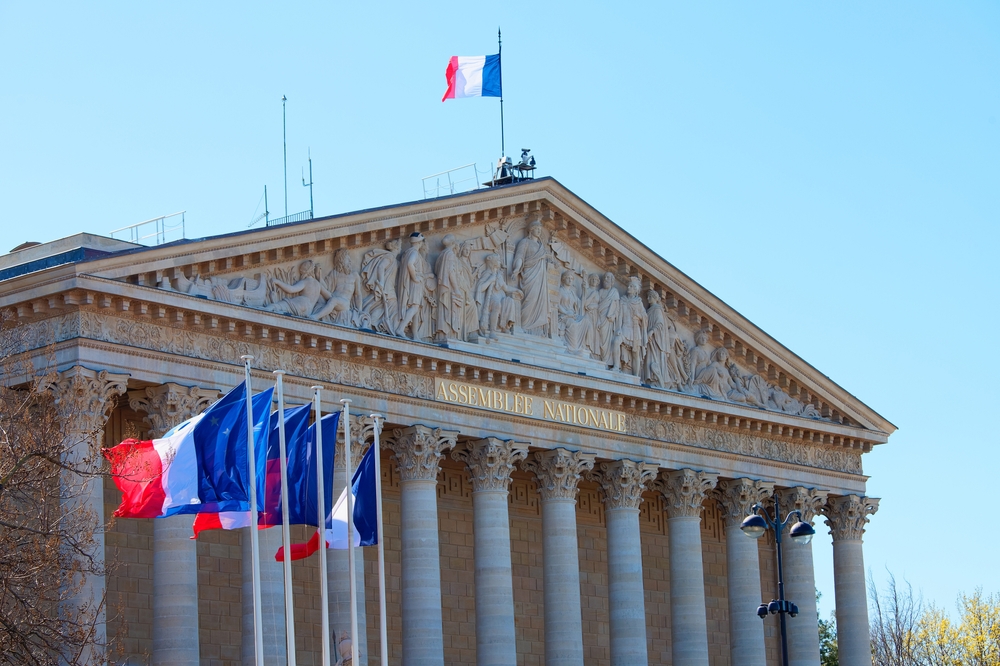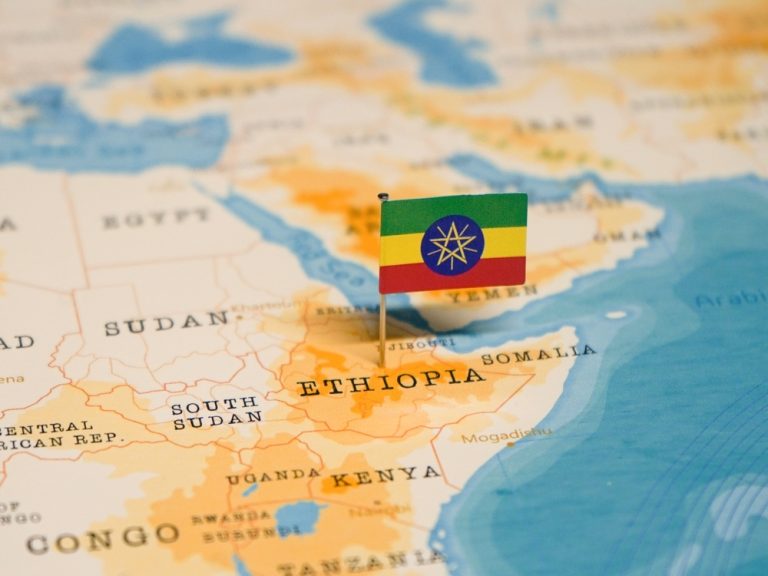
Typology of French political currents as a reflection of the present and possible future of France
France, with its culture of endless protests, which have become particularly acute during 2023, is one of the most politically diverse and interesting countries in Europe. All kinds of leftists from moderate trade union organizations to radical street militants have been very active in the rallies against pension reform, but it is wrong to reduce the French political environment to their confrontation with the government. The weight of the Socialists and the Left is indeed very weighty, but many of them see the future of France very differently and are not ready to unite with each other for objective reasons. Besides, the alternative to them are equally popular liberals, right-wingers and nationalists, who give birth to a balance that holds the equilibrium of forces in the country. To clarify the whole gamut of views of the French, we will turn to the diversity of presidential candidates in the recent elections of 2022, and with the help of structuring the main typical features of their program to create a new understandable typology of French political currents.

It is important to realize that the classical “left-right” division no longer seems appropriate to properly understand both the specifics of political parties and the preferences of French people who vote for them. Already in the last 10-15 years regularly there have been quite striking electoral processes that show the irrelevance of this historical concept. For example, workers, who were the traditional electorate of the French Communist Party and other left-wing parties until the 1980s, began to support the Front National en masse under Jean-Marie Le Pen, and became ordinary voters of his daughter’s Rassemblement National in the 21st century. By analogy, more recently the electorate of social democrats from the Socialist party saw in Emmanuel Macron a kind of heir to their ideas, although he very quickly made a very liberal turn to his politics, breaking with the rather paternalistic tradition of his socialist predecessors. To understand the psychology of this atypical behavior, we identified the most significant themes in the construction of French political identity. As a result, we were able to identify three structuring elements: social, liberal and national. In addition, three secondary elements such as populism, conservatism and progressivism also influence the final choice. Drawing up the conventional scheme that is presented in the title of our article, the crosshairs of each of the points give birth to a political field into which a particular party and the voters who support it can easily fit.
Of course, the new paradigm did not emerge all at once, and it has established itself definitively over the last ten years, often unrecognized officially and with specific French characteristics not common to other EU countries. After the majority of French answered “no” to the referendum on the European Constitutional Treaty in 2005, all political parties acted as if they did not notice what had happened. For them, the question of sovereignty seemed secondary or conditioned by the local problems of building a united Europe, the ultimate success of which they never questioned. However, the growing success of patriotic candidates and currents advocating the defense of the country’s sovereignty shows that attachment to nation and territory may be more important than liberals and EU apologists have tried to portray. Marine Le Pen’s high electoral results are a living proof of this thesis. And this is despite her weak presence in regional politics, the lack of concrete political results from the party’s activities, including in the municipalities controlled by the Rassemblement National, as well as her numerous judicial and financial failures. This shows the existence of a national issue that puts an end to the traditional division between left and right, which for a long time very clearly divided society into socialists and liberals. Today, the combined rating of Marine Le Pen and Mr. Eric Zemmour reaches 30%, and this is a third of the entire French society, even if we put all the others in the usual framework of liberal-socialists.
Such nationalist power has been building for the last 30-40 years. After World War II in France, historically, the extreme right was not the bearer of a unique identity, and built its platform on the rejection of social communism and leftist ideas in general by a part of society. It was then a current supported by part of the bourgeoisie and self-employed workers such as artisans or tradesmen. However, since 2012 there has been an increasingly visible social inflection, which finally took hold after Marine Le Pen extremely “socialized” her program by promising to reduce retirement to 60. Against this background, Eric Zemmour takes a more liberal line in economic terms, although he does not oppose massive state intervention in the economy, particularly as needed to protect the French industrial or energy sectors. These nationalist paternalistic right-wingers are less favorable to private international business than Emmanuel Macron or traditional right-wing liberal Valérie Pecresse. Both Pecresse and Macron in their economic doctrine are different sides of the same liberal bloc, which many position as the position of a “world government” or the United States. And even if you get away from conspiracy theories, it is their economic program that is clearly similar and gives special priority to the free market, international openness and European integration. Their difference was on more specific social issues such as the right to euthanasia, adoption of children by same-sex couples or the use of assisted reproduction, where the “Republican” candidate had a more conservative image and Macron was a supporter of the “progress” characteristic of the left wing of the U.S. Democratic Party.

The left today has split into two political currents with quite different views on many key issues, and this division in its principle is very similar to a similar split among the old liberals. On the one hand, the moderate progressive leftists of the social democratic and “green” parties have stood out. They have historically fought for emancipation and human rights, but with each passing year they have increasingly neglected their goals of social equality, for which they pay today with the contempt of a “common people” electorate far removed from their alien and elitist agenda. The “Socialists” suffered the most from this, and in 2022 they finally turned into a party of the “second échelon” with their miserable result of 4-5%. The Greens, led by Yannick Jadot, are not far behind. On the other hand, the radical left, which can be called populists with great reason, is becoming stronger and has much in common with the “right-wing” Marine Le Pen. In their practice, they are no strangers to “progressive” slogans, but the social and “green” components of their program are not the goal, but a means of gaining popularity in an increasingly disoriented electorate. This type of “left” no longer seeks to address the French as a single national subject. It speaks to different social strata and minorities, trying to find an individual approach to them. In this new context, they are most effective in exploiting the new electoral niches associated with migrants from Africa and the Middle East, and it is with their political endorsement that many associate the migrant riots of the summer of 2023. The form of electoral commitment in principle tends to evolve and change, a trait common to all populists. In order to gain influence over groups of interest to them, they systematically generalize to French interests that are considered increasingly unattainable and abstract. However, it is hard to argue with this in the face of the decomposition of the concept of the nation-state throughout Europe, where it is becoming either a false ideal for the left or occupied by multicultural liberals for right-wing patriots. On the left wing, Jean-Luc Mélenchon monopolizes the sector of “social-populist” opinion in the best way, taking the side of either minorities, rural or even Muslims in France. This is undoubtedly the product of his long political evolution, because back in the 1990s and 2000s he was a fierce adherent of the idea of a French civil nation and the concepts of the “Great French Revolution”.
These shifts are a consequence of the triumph of economic liberalism since the 1980s in France, Europe, and indeed the world at large. Unable to renew themselves in a meaningful way, socialism and communism have fallen into inertia in the first stage. They either favored behavior in models dating back to the 1930s or mimicked social liberal models, and the value side was cornered by the neoliberal intellectual onslaught. Even today, the left is paying the price for decades of repudiations of its ideas and petty political contradictions resulting in an inability to adapt to the new economic and ideological situation. However, today’s excesses of liberalism and free trade, which are less and less liked by society, give substance to the new discourse of the French communists, embodied today by Fabien Roussel or Georges Kuzmanovic, who renew a socio-progressive approach, both idealistic and realistic, without falling into either populist neoliberalism or Le Pen’s “left nationalism”. The evolution of this sector of political preferences will undoubtedly be really interesting in the coming years, as it could capture the popular aspirations to which most French people are attached, including attachment to public services and national solidarity, distrust in the face of uncontrolled globalization, and fatigue with income inequality. Roussel, in order to come to political success, would essentially have to bring back into the same camp the leftists attached to the classical ideas of Marxism and their brethren who preferred the ideas of the New Left and the Frankfurt School. If we move to the right flank, which is similar in concept, we find ourselves with Eric Zemmour on the position of the antipode of social progressivism, which can be conventionally called national conservatism, which also requires the integration of the right with different economic concepts. Obviously, two antagonistic projects are gradually being born, which in time may finally replace the left-right dualism. One of them will be conservative-patriotic, drawing in both supporters of social paternalism and “Catholic conservatives”. The second one will involve progressive liberals, albeit alien to the social state, but firmly believing in the supreme justice of globalism and European integration. And not only in France, but throughout the Western world, the battle of these two concepts will determine the political field for the next 15-20 years.


Average Rating